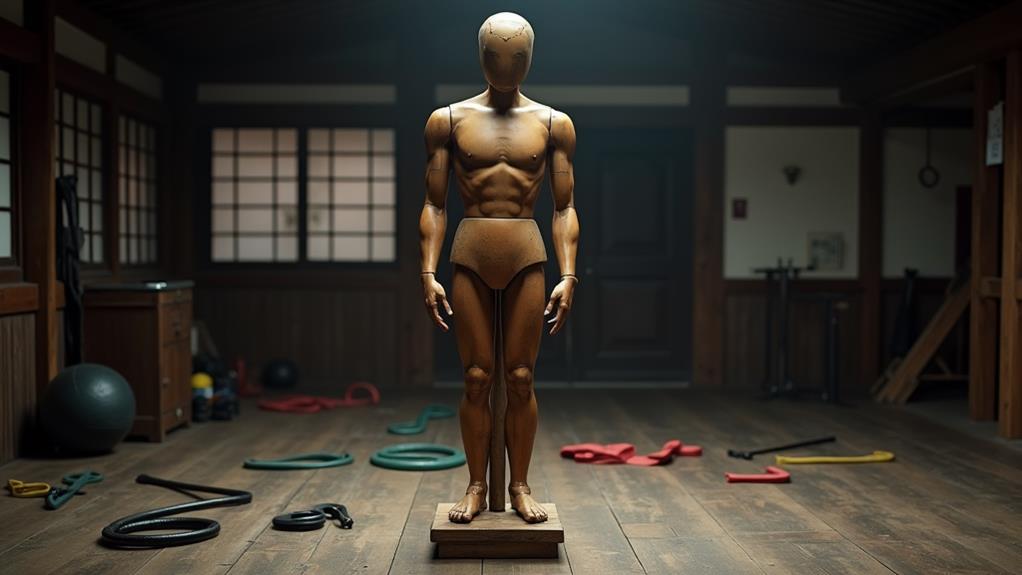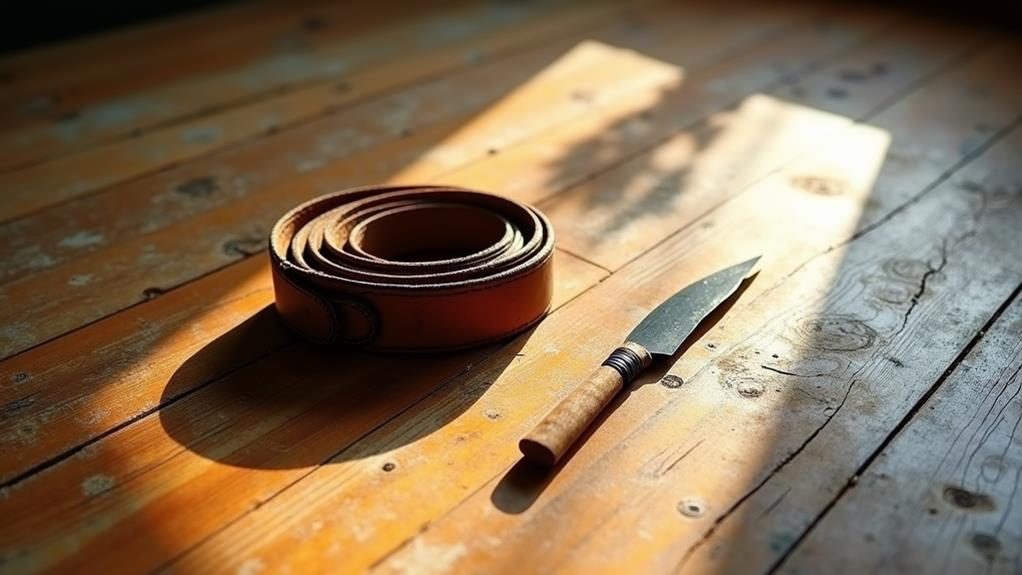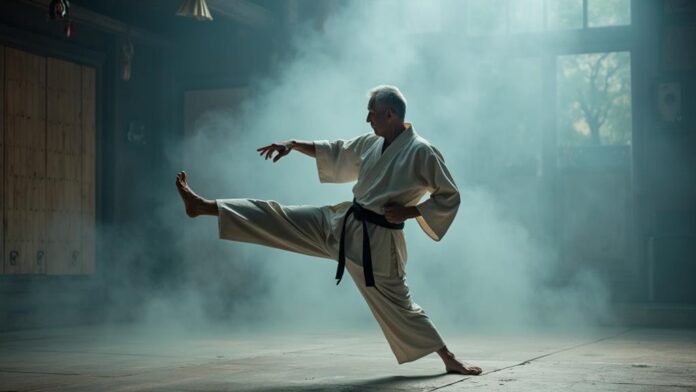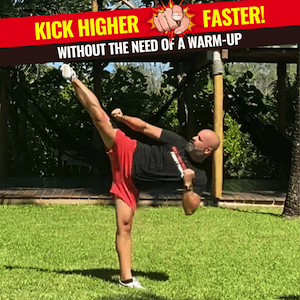As you age, your martial arts training needs to adapt to changes in strength, flexibility, and endurance. You'll want to prioritize mobility-focused exercises, technique refinement, and active recovery to maintain progress and prevent injuries. Focus on functional strength training with squats, lunges, and core exercises, and incorporate low-impact exercises to improve joint health. Proper nutrition, hydration, and a growth mindset will also support your continued growth in martial arts. By making these adjustments, you'll be well on your way to a sustainable training routine, and you'll discover that with the right approach, your best years are still ahead.
Adapting to Age-Related Changes
As you age, your body undergoes a range of physical changes that can markedly impact your martial arts training. You may notice decreased strength, flexibility, and endurance, making it vital to adjust your training sessions to prevent injuries and promote longevity.
Chronic pain and conditions like arthritis become more common with age, requiring a focus on mobility exercises to accommodate these limitations. You'll need to incorporate lower-impact training methods to reduce the stress on your joints and muscles.
To adapt to these changes, you should focus on refining your technique rather than relying on raw power. This means shifting the emphasis of your training sessions to leverage, timing, and precision.
As you age, your recovery time also increases, making it important to prioritize rest and active recovery methods like stretching and foam rolling. By acknowledging and adapting to these age-related changes, you can continue to develop your skills and maintain engagement in your practice.
Training Techniques for Older Martial Artists
You've acknowledged the physical changes that come with age and taken steps to adapt your martial arts training. Now, it's time to focus on training techniques that cater to your needs as an older martial artist. To maintain performance and prevent injuries, you should prioritize low-impact exercises and injury prevention strategies.
| Training Focus | Recommended Exercises | Benefits |
|---|---|---|
| Mobility and Flexibility | Leg swings, arm circles, hip rotations | Enhances technique execution, reduces injury risk |
| Core Strength | Planks, Russian twists, leg raises | Develops sustainable strength, improves stability |
| Functional Strength | Squats, lunges, step-ups | Enhances functional movements, reduces injury risk |
| Active Recovery | Stretching, foam rolling, self-myofascial release | Alleviates soreness, promotes long-term health and fitness |
| Gradual Intensity Increase | Tailored training schedules, gradual intensity increases | Prevents burnout, maintains performance |
Strength Training for Injury Prevention

Numerous benefits await aging martial artists who incorporate strength training into their regimen, particularly when it comes to injury prevention. By enhancing muscular strength and flexibility, you'll reduce the risk of injuries by stabilizing joints and muscles. As an aging martial artist, this is essential for maintaining a healthy and long-lasting practice.
A well-structured strength training program that includes low-impact exercises will improve your overall joint health and support sustainable strength. This, in turn, will help prevent injuries associated with aging.
Don't forget to incorporate active recovery methods, such as stretching and foam rolling, into your routine. These will alleviate soreness and promote muscle repair, further aiding in injury prevention.
As you work through your strength training program, prioritize proper form to not only prevent injuries but also enhance your technique execution. By doing so, you'll become a more formidable martial artist.
A tailored strength training regimen that suits your capabilities will support healthy aging and longevity in your martial arts practice, allowing you to train effectively while minimizing injury risks.
Nutrition and Hydration for Optimal Performance
A significant portion of your training success as an aging martial artist hinges on your nutrition and hydration strategy. As you age, your body's nutritional needs change, and a balanced intake of macronutrients becomes even more vital. Carbohydrates fuel your intense training sessions, and you should aim to get 45-65% of your total caloric intake from complex carbs.
Protein is essential for muscle maintenance and recovery, especially after a workout. As an older athlete, you may benefit from consuming 1.2 to 2.0 grams of protein per kilogram of body weight daily.
Adequate hydration is also critical, as even mild dehydration can negatively impact your strength, endurance, and cognitive function. You should aim to drink at least 3 to 4 liters of water per day, depending on your activity levels.
During long training sessions, incorporate electrolyte-rich beverages to replenish minerals lost through sweat, supporting hydration and muscle function.
Mindset Shifts for Ageing Martial Artists

Often, the most significant challenges ageing martial artists face are mental, not physical. As you navigate the natural changes that come with ageing, you'll need to make mindset shifts to continue training effectively.
Embracing a growth mindset allows you to view physical limitations as opportunities for learning and adaptation, rather than setbacks. By focusing on personal skill refinement, you'll foster a more fulfilling and sustainable training experience.
Recognize the wisdom you've gained from years of practice and transform challenges into strategic advantages in both training and sparring.
Cultivate patience and acceptance of the ageing process to support mental resilience, encouraging continued engagement and enjoyment in martial arts. Prioritize personal achievement over external validation, nurturing a deeper connection to the art and enhancing overall motivation and commitment.
These mindset shifts will drive personal growth, fortifying your mental fortitude and enabling you to adapt and thrive in your martial arts journey. By adopting this mindset, you'll reveal a more rewarding and sustainable training experience.
Community Support for Lifelong Training
Engaging with a community of fellow martial artists is an essential aspect of lifelong training. As you age, you'll face unique challenges that require adaptation, and a supportive community can make all the difference. You'll find motivation in shared experiences and collective problem-solving, helping you navigate age-related challenges in training.
| Benefits of Community Support | How It Helps Aging Martial Artists |
|---|---|
| Motivation and Accountability | Stay committed to training despite physical limitations |
| Shared Knowledge and Experience | Exchange insights and adapt techniques for skill development and injury prevention |
| Collaborative Training | Adjust training intensity and techniques for safe and effective practice |
| Mental Resilience | Enhance mental toughness and promote a culture of lifelong learning |
Embracing Evolution in Martial Arts Practice

Martial arts mastery and aging bodies can be a volatile mix, as the passing years inevitably bring physical changes that affect your training. You must adapt to these changes to maintain effectiveness and prevent injuries.
Prioritizing mobility exercises and flexibility work can notably enhance joint health and range of motion, which are essential for continued practice in martial arts. By incorporating exercises that improve your mobility, you'll be able to move more efficiently and effectively, even as your body ages.
Embracing evolution in your martial arts practice requires a growth mindset that focuses on personal achievement rather than comparisons with younger peers. You're not competing with others; you're refining your technique and integrating your years of experience into your training.
By emphasizing technique refinement over physical attributes, you'll foster personal growth and develop a more sophisticated martial arts practice. Adaptation is key to continued growth and effectiveness in martial arts, so be willing to adjust your training methods as needed.
With a growth mindset and a focus on mobility and technique, you'll be able to maintain a lifelong dedication to martial arts practice.



